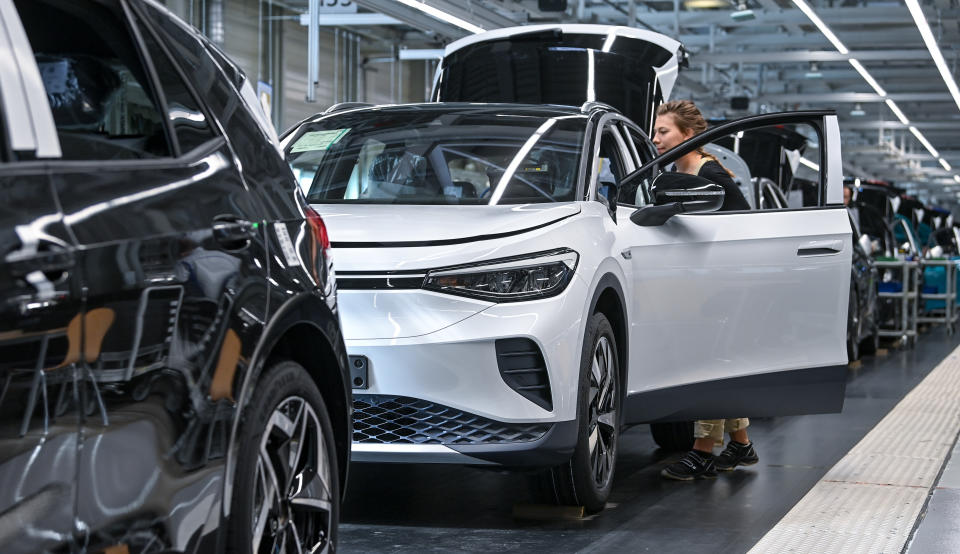Germany to extend grants on e-cars until 2025

The German government is planning to extend its grants on electric cars until 2025, Reuters reports today. Making fully-electric and hybrid-electric cars cheaper for buyers is a big step to boost the country’s switch towards climate-friendlier mobility.
Reuters said that government and industry sources confirmed that the buyer premiums will carry on as they are until the end of next year, and then from 2022 onwards, these will be reduced or cut for plug-in hybrids (which also use petrol or diesel), while all-electric cars will still get government support via grants.
Some in the automotive industry were dismayed when the federal government opted not so subsidise petrol or diesel cars during the coronavirus crisis, but to increase their support for electric and hybrid vehicles — up to a maximum of €9,000 (£8,075, $10,681) on a retail price of €40,000. The premiums are shared between the government and the manufacturers.
READ MORE: Germany plans €2bn support to help auto sector switch to clean mobility
The grants have led to an uptick in electric and hybrid-electric sales in Germany this year.
Pure-electric cars accounted for 8.4% of new car registrations in October, representing a 365% increase compared with the same month in 2019. Taken together with plug-in hybrids, the share of non-fossil-fuel cars hit a record high of 17.5% of sales.
However, discounts can only do so much, without enough charging stations. Automotive Industry Association president Hildegard Müller said in an interview recently that the government's charging infrastructure master plan provides for one million public charging points by 2030.
“To achieve this, we would need around 2,000 new charging points per week from now on,” Müller said. “That is 10 times what is currently being built… if things continue as they have up to now, e-mobility will not be able to gain broad acceptance.”
READ MORE: 'Every second electric car' in Europe comes from Germany
Chancellor Angela Merkel is meeting with the heads of the automotive industry today. There will be a range of topics on the agenda from the build out of the country’s charging network to the EU’s emissions standards.
Watch: What does a Joe Biden presidency mean for the global economy?

 Yahoo Finance
Yahoo Finance 